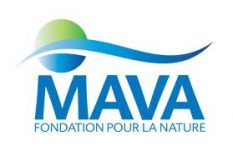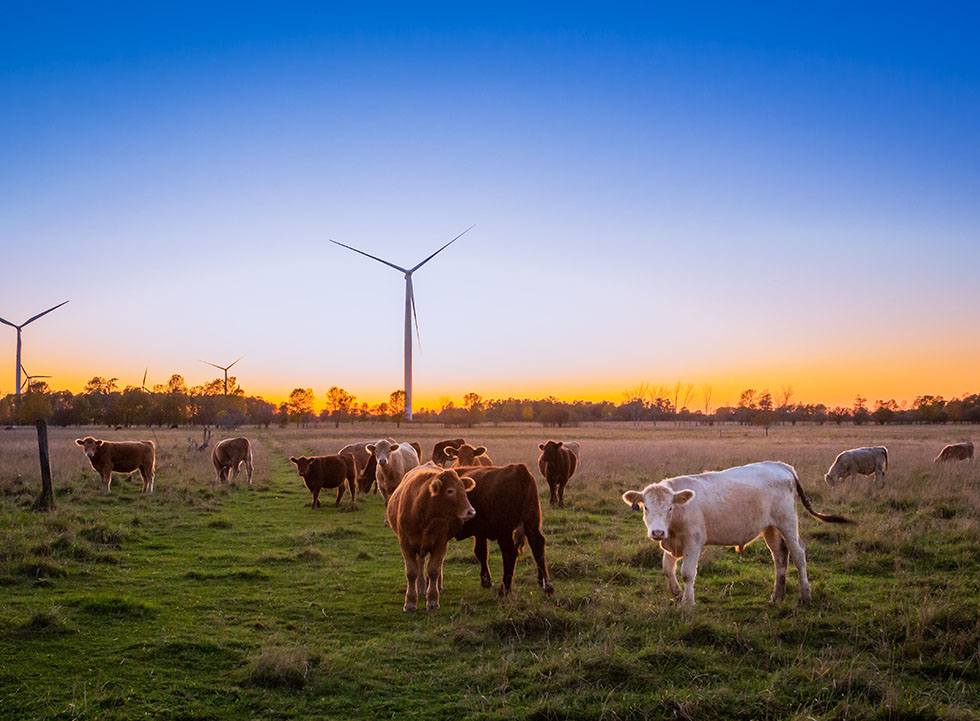by Mathis Wackernagel, Co-Founder and President
In the second installment of our ongoing series “Three Decades & Counting: Insights from successes and failures in 30+ years of communicating about sustainability,” Mathis Wackernagel explores the perceptions and misperceptions of climate action and how we talk about it. Join the conversation below!
What’s holding back the sustainability transition most is not the fact that decision-makers do not know that we are systematically depleting the planet. The problem is that they think it is too costly for them to act. This may be one of the most damaging misconceptions we face.
Therefore, this is the shift Global Footprint Network is looking for: moving public perception from perceiving being caught in a “free-riding problem” to realizing that each one of us has “skin in the game.” “Free-riding” (or “tragedy of the commons” as some call it) implies action benefits humanity, but costs me. “Skin in the game” recognizes that my own fate is tied to taking action; my action is an investment into my own ability to thrive (and is also beneficial for humanity).
If I see “free-riding” as the dominant force defining sustainability, I conclude that it takes heroic, noble action to address the challenge. If I feel “skin in the game,” then me acting for sustainability becomes an obvious necessity for myself. What is your take?
The table below highlights key differences between the conventional “noble” narrative and the “necessary” narrative, and why at Global Footprint Network we are convinced that the “necessary” narrative would be far more effective in unleashing the sustainability transformation.
Just to be clear: we are not denying that “free-riding” is a real force to contend with. Rather, we believe that our “skin in the game” is significant enough to make most sustainability actions also directly beneficial to the actor.
The noble vs. necessary view of sustainability action
| Watching from the sidelines: “THE NOBLE NARRATIVE” (hence you see “free-riding” as the dominant force) |
Realizing you are in the field: “THE NECESSARY NARRATIVE” (hence you see “skin in the game” as the dominant force) |
|
|---|---|---|
| Premise | Seeing the world through the lens of “free-riding” makes me believe that I am caught in misaligned incentives between humanity and my country/city/ company/ self. | Feeling “skin in the game” I realize that my incentives and humanity’s incentives are aligned. |
| Therefore… | I bear the costs of reducing my carbon emissions, and all the benefits go to humanity. | I don’t want to wait to ready myself for the predictable challenges of climate change and resource constraints. |
| In response… | The only options I see are international commitments and noble deeds (with no benefits to myself). | Taking action becomes necessary and essential for my own success. |
| As a result… | I wait for others to act, and find myself in perpetual stalemate. | I act now and find opportunities and synergies to amplify my efforts, since they are also essential for me. |
In summary: Are we facing aligned or misaligned incentives?
Most climate and sustainability commentators today see primarily misaligned incentives, where what would be good for humanity comes at a cost to themselves. But given that the calamities of ecological overuse ultimately affect our cities, companies and countries, the direct incentives to prepare our cities, companies and countries for the future we anticipate also seems quite obvious. Therefore careful investments in the sustainability transformation would seem to have sufficient benefits for the actor/investor. Unless you believe that this is not going to hit you, i.e., that you can get away with it. But this may be a poor assumption. So, are the aligned incentives in the sustainability domain sufficient for cities, companies and countries to act in the face of potential “free-riding” forces?
The effect of misaligned incentives, meaning what is good for me is not good for humanity, and vice versa, bears many names, including “free-rider problem” or “tragedy of the commons.” They require “noble responses.” Noble actors only expect costs and no personal benefits. Being trapped in planetary “tragedies of the commons” is still the dominant narrative. Since such tragedies require noble responses, there is much noble talk, but sustainability action is typically relegated to Sunday afternoons, if ever.
Aligned incentives mean that my interest and humanity’s go together. Some call this effect “people have skin in the game.” For those people, action is NECESSARY if not ESSENTIAL for themselves. Granted, some people still do not act, even if it’s necessary for themselves (e.g., quitting smoking, maintaining a healthy diet, getting enough sleep). But having skin in the game makes meaningful action far more likely.
In our view, the sustainability challenge may be characterized far more by aligned than misaligned incentives, in contrast to society’s general rhetoric. That’s why we need to shift the narrative.
Organizations’ power, and particularly that of not-for-profit organizations, comes from helping people see aligned incentives, where they now misperceive misaligned incentives. This is what I am obsessed about these days.
P.S.: Free-riding and the “tragedy of the commons”. I use the terms “free-riding” and “tragedy of the commons” interchangeably here. Related concepts include the “prisoner’s dilemma” and “open access to rival public goods.”
Free-riding occurs when individuals take disproportionate advantage of shared resources, enjoying the benefits for themselves while passing the costs to society. Conversely, it can also mean failing to contribute a fair share to collective well-being. This behavior undermines social trust and cooperation. For example:
- I benefit from driving a fossil-fuel-powered car, while the noise and pollution affect everyone.
- If I pick up litter at the beach, the benefit is shared by all.
Ecologist Garrett Hardin explored this dilemma in his famous article, “The Tragedy of the Commons.” The phrase has since become a popular term for free-riding, though economists more commonly use the latter.
Unfortunately, Hardin’s title was misleading. He should have called his paper “The Tragedy of Free-Riding,” because well-managed commons can actually solve free-riding, a point Hardin himself acknowledged. He argued that overcoming the tragedy requires “mutual coercion, mutually agreed upon,” which is perhaps the most concise definition of a commons.
Hardin’s poorly worded title caused significant confusion, but on the positive side, it also inspired Elinor Ostrom’s Nobel Prize-winning work, which helped clarify the issue.
For more reflections on narrative and communication approaches, check out this page.
Please share your ideas and perspectives with us by completing the form below! We’d like to incorporate your thoughts into future blog posts, and we always love to hear your reactions and reflections.
Creation of this content generously funded by the MAVA Foundation for Nature 



